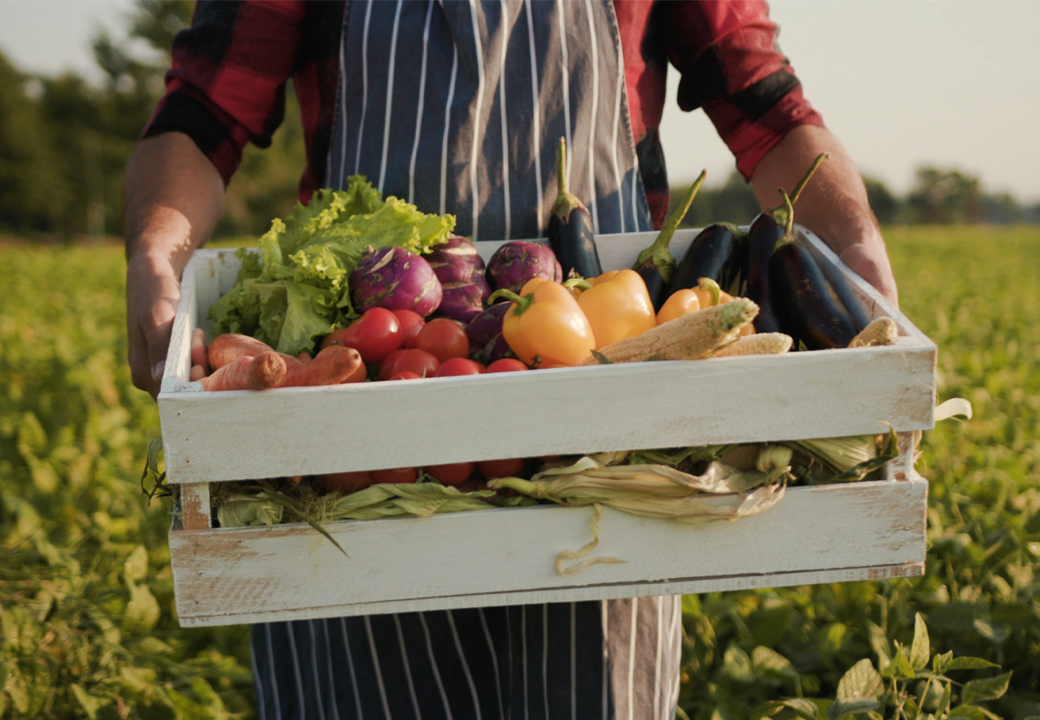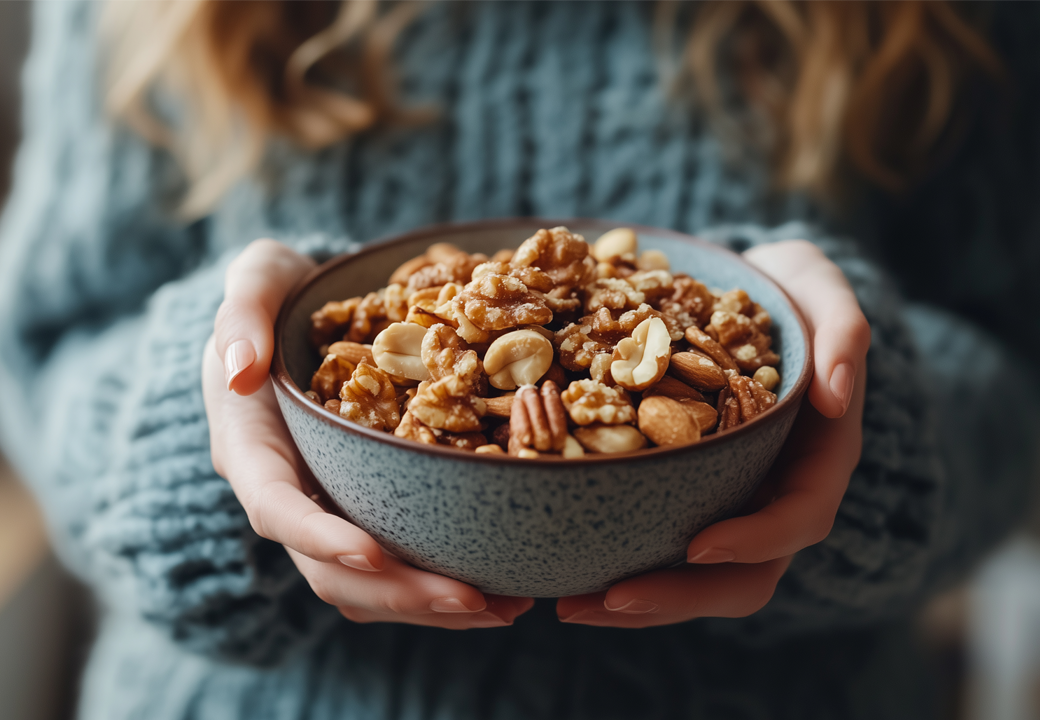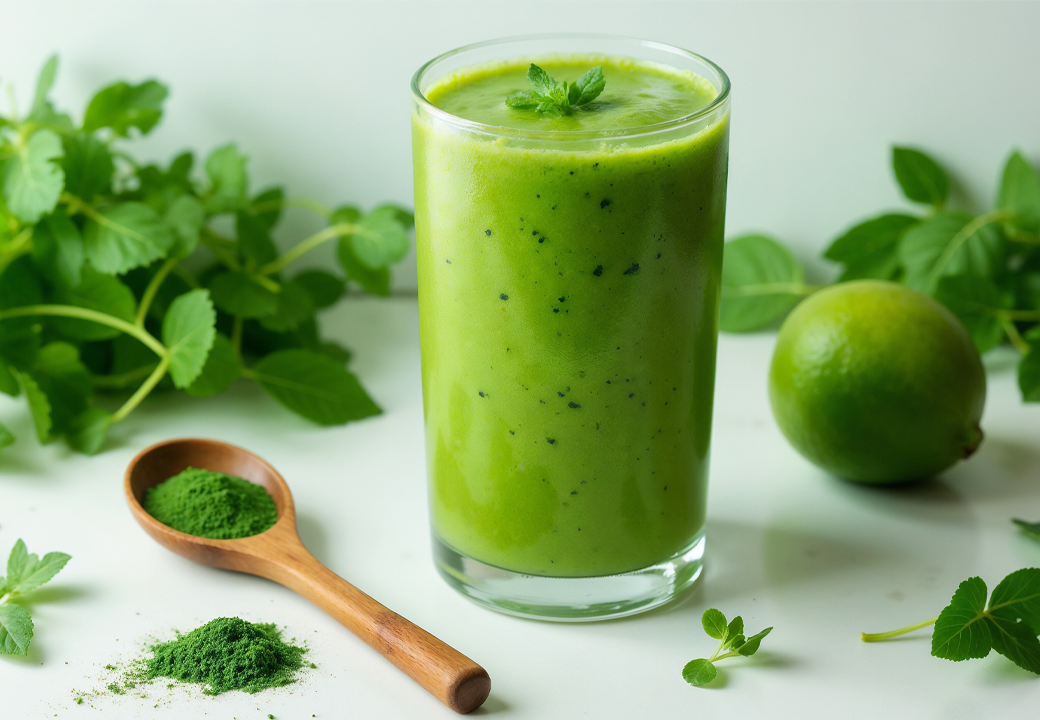

Photo Credit: "© [C(x)] / Adobe Stock
Chances are you’ve seen the label "natural" on fresh produce, canned food, or beauty products. The term feels like you’re using nutritional and beautifying products that are straight from Mother Nature. No “nasty toxins” or “harmful chemicals.” Just natural.
However, the labels may be deceptive. Can you have organic and natural products? And is natural the same as organic? Let’s find out.
What does natural really mean?
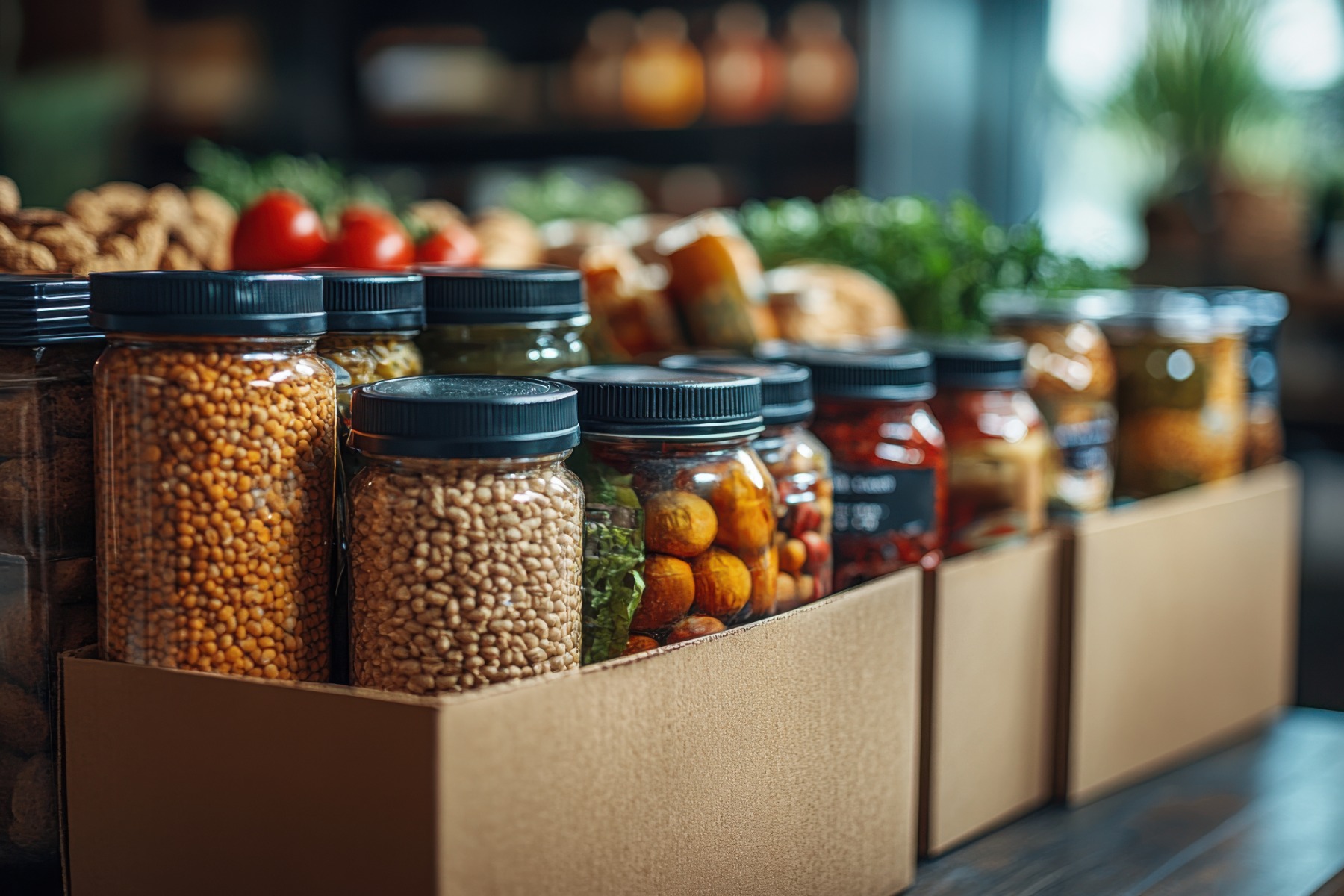

Photo Credit: "© [Hyka] / Adobe Stock
The term “natural” means products or ingredients created by nature (such as plants and animals), without human intervention. Unlike organic products, there is also no legal certification for using the term natural. Natural typically includes:
- Minimally processed or unprocessed - Ingredients that have either no mechanical or chemical changes or are minimally (rather than maximally) processed.
- No artificial flavours - Natural (not man made) flavourings, such using apples to flavour a product rather than chemicals that mimic the taste of apple.
- No artificial colours - Naturally derived colourings, for instance, beetroot for a pink colour instead of artificially made pink colouring.
- No artificial preservatives - Nature-derived preservatives from minerals, plants, fungi, animals, and algae. Examples include salt, sugar, spices, and citric acid.
What does 100% natural mean?
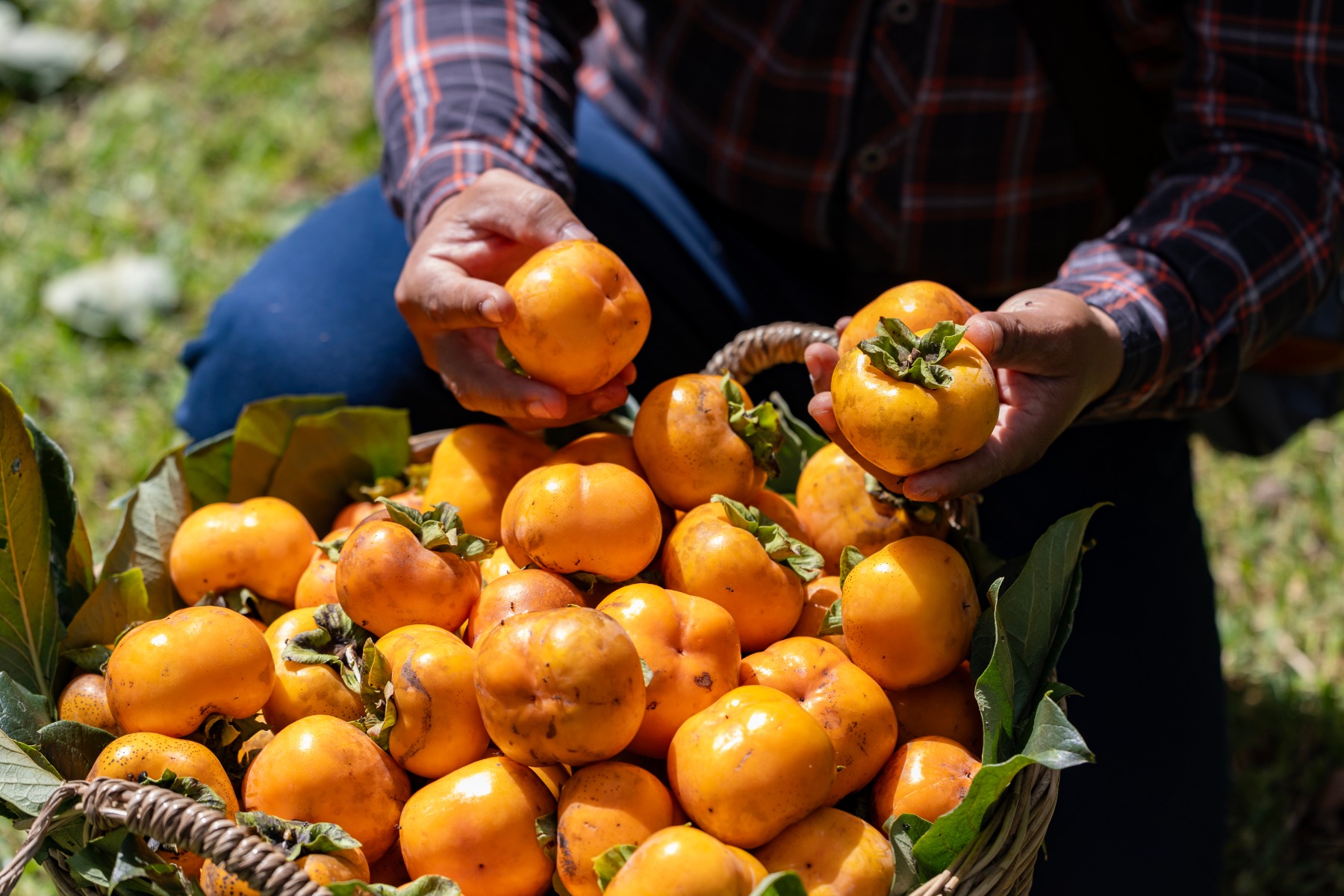

Photo Credit: "© [Akarawut] / Adobe Stock
A 100% natural product uses only natural ingredients and usually contains no synthetic dyes, artificial colours or preservatives, and has undergone minimal processing. There is absolutely no problem in purchasing an item that is natural, as long as you understand what it means. For example, 100% natural does not mean organic, high in nutritional value, cruelty-free, vegan, or sugar-free.
When companies use the word “natural” to trip you up
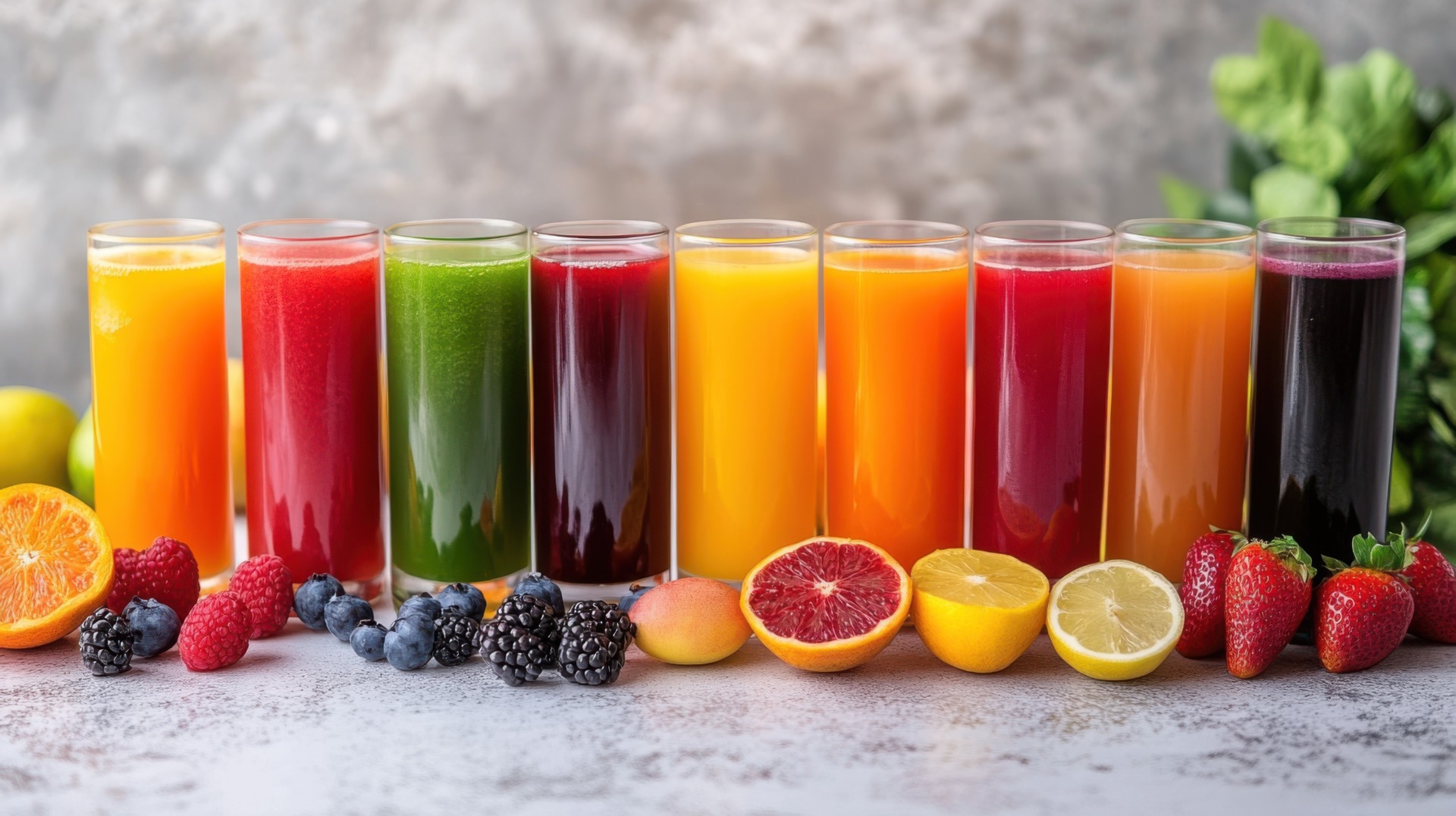

Photo Credit: "© [Chatchanan] / Adobe Stock
Natural products have some advantages, however, there is no clear legal definition for what makes something "natural". This causes confusion and misinterpretation, which companies often use to their advantage.
Example: Made with natural ingredients
One common example is the phrase, “Made with natural ingredients.” This means that the ingredients (or some of the ingredients) are naturally derived, but the product may still contain synthetic additives or preservatives.
Example: Free-from artificial colours
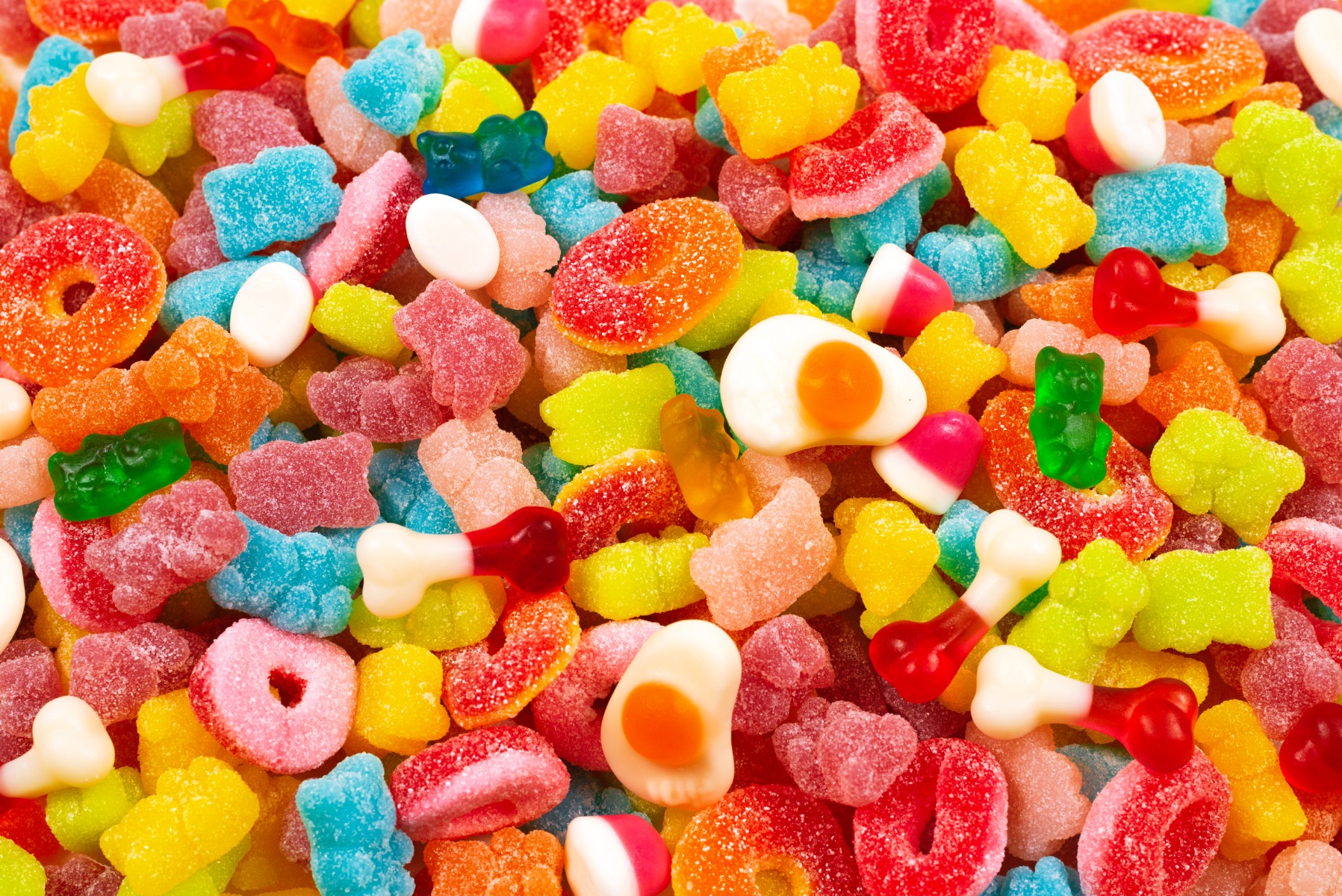

Photo Credit: "© [Nikolay] / Adobe Stock
"Natural colouring" is another frequently used product description. For example, fizzy sweets labelled, “no artificial colours,” or “made with natural colouring.” This makes you think, “Great, these sweets are better for me because they don’t contain synthetic dyes.”
It’s likely that this mindset stemmed from the terror of the infamous blue Smartie. The company made the blue colouring from a highly pigmented, synthetic dye that caused hyperactivity and health risks in children. The blue Smartie was temporarily banned and replaced a few years later with spirulina's natural blue colouring.
However, remember that using all-natural colouring in a sweet treat doesn't make it good for you. Ice lollies, chocolate, and sweets most likely contain high amounts of sugar or salt, so it’s wise to eat them in moderation.
What does organic mean?
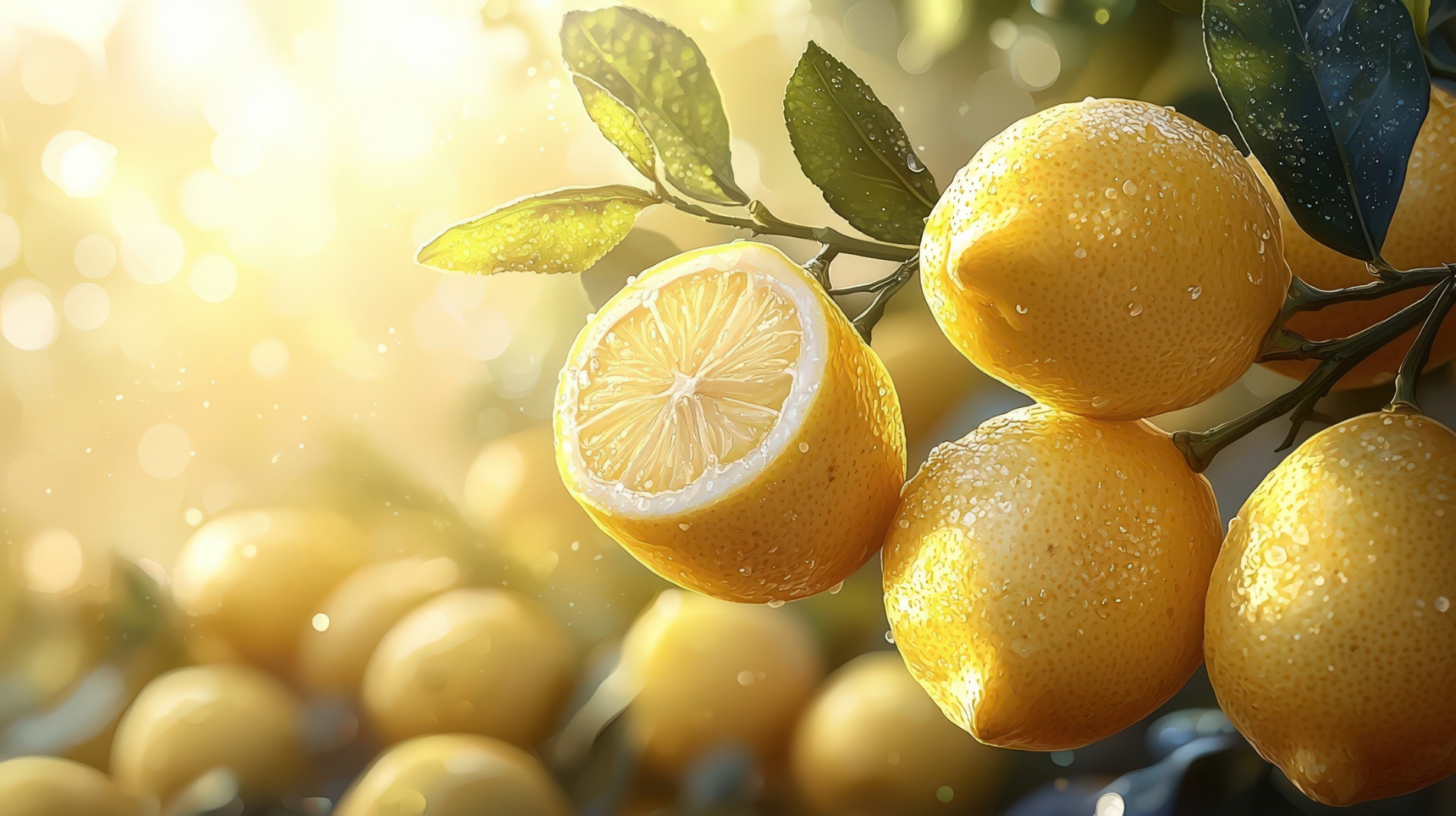

Photo Credit: "© [BOJOShop] / Adobe Stock
There is a difference between the term “organic” and “organically certified." If a product is organically certified, it means the company must follow a rigorous set of legal regulations.
This includes GMO-free, no synthetic pesticides or herbicides, and no growth hormones or antibiotics. The company must also maintain soil fertility and comply with specific standards during the packaging and the sales process.
Similarly to natural products, organic products cannot contain synthetic dyes and flavourings, or artificial preservatives. However, whereas it is a legal requirement to follow these rules to use the term “organic” they are not legal requirements to call something “natural.”
How to know if something is truly organic
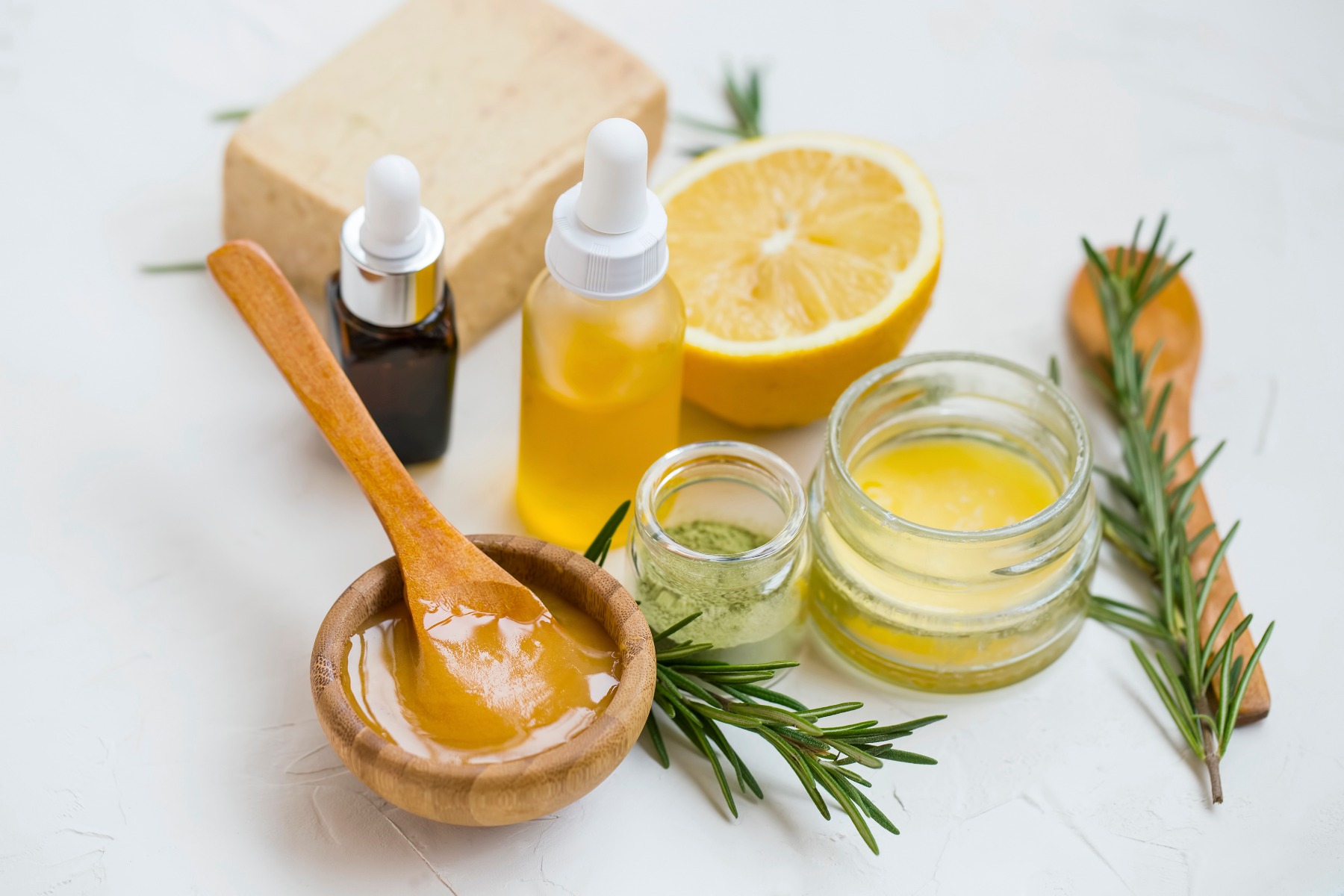

Photo Credit: "© [marrakeshh] / Adobe Stock
Similarly to using the term “natural” some companies use the word “organic” to draw in consumers. However, unlike the natural label, there are laws around how companies can use “organic.”
- 100% organic or organically certified - Products that follow regulations, including using over 95% organic ingredients, can be legally certified as organic.
- Contains a high percentage of organic ingredients - Products that use 70-95% organic ingredients can include the percentage on their packaging. For instance, “contains 80% organic ingredients,” or “100% organic rose water” (as long as the rose water is over 70% of the overall ingredients list). However, they cannot use the blanket statement “organic” and they are not organically certified.
-
Contains less than 70% organic ingredients - Products that use less than 70% organic ingredients cannot use the blanket statement “organic,” specify the overall organic percentage, e.g., “50% organic,” or use the organically certified stamp. Companies can, however, specify which ingredients are organic, such as, “contains organic Moroccan oil, argan oil, and coconut oil.”
Read more: How organic is organic food?
If something is 100% organic, does that mean it’s 100% natural?
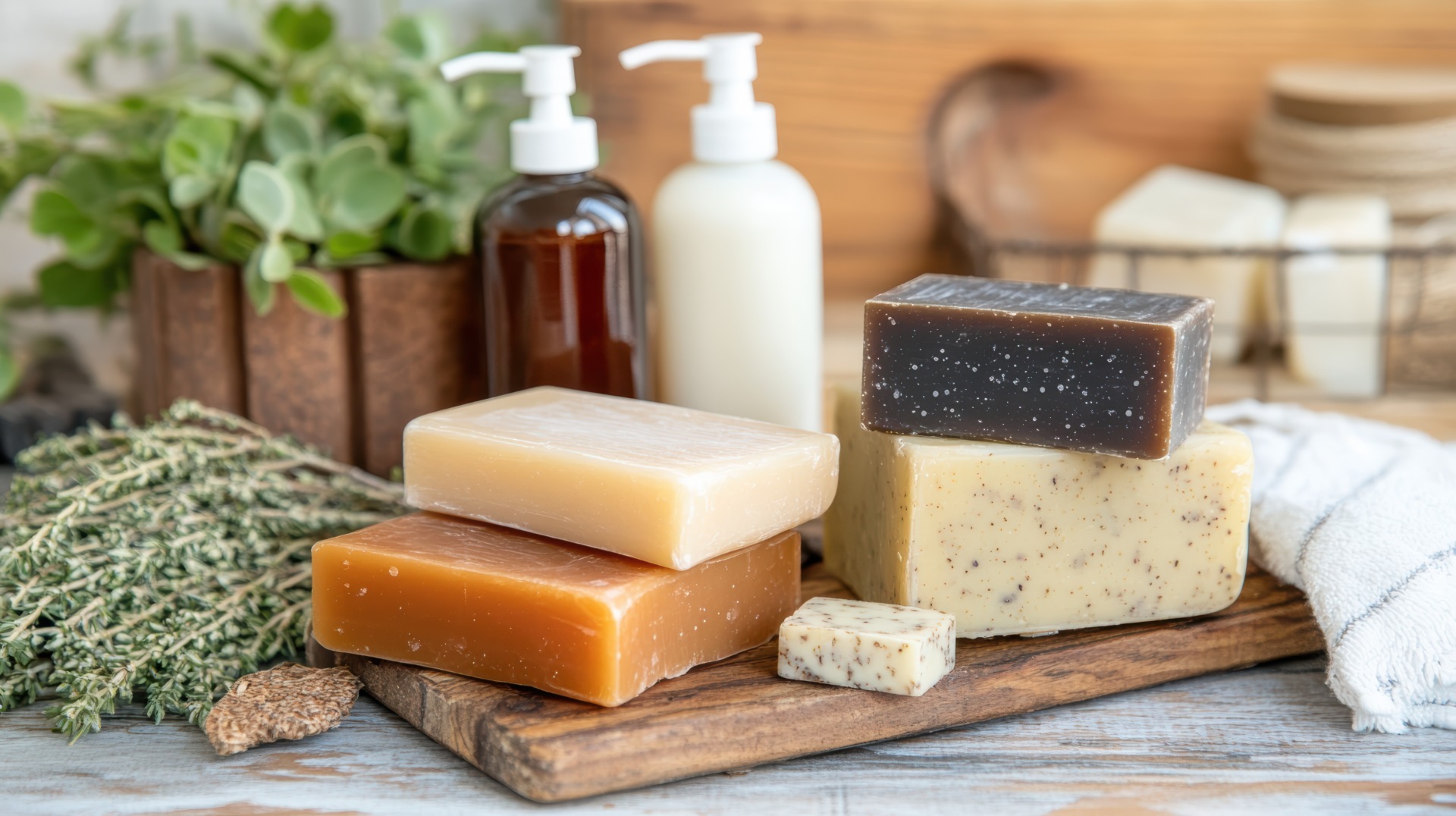

Photo Credit: "© [volga] / Adobe Stock
Yes, if a product is organically certified, and therefore considered 100% organic, it is 100% natural. However, if a product uses less than 95% organic ingredients, it may not be completely natural.
Examples of products that may be 100% natural, but not organic
- Natural shampoos - Natural shampoos often use plant-derived ingredients for fragrance, colour, calming ingredients, and cleansing agents. For instance, the aloe vera plant has well-known soothing properties. However, that does not mean that the aloe vera is organically grown.
- Natural cleaning products - Natural cleaning products are regularly formulated with essential oil scents such as orange, lemon, or lavender. While the essential oils come from plants, and are therefore natural, the fruits or flowers may not be organic.
- Natural skincare - Many plants have amazing skincare properties. For example, the plant Centella asiatica is highly effective at reducing redness, improving hydration, and healing the derma barrier. But even if the skincare product is labelled as natural, it doesn’t mean the Centella asiatica is organically sourced.
Choose organically certified, 100% natural products with Grape Tree


Photo Credit: "© [Aliaksandra] / Adobe Stock
Grape Tree is proud to say that our products are 100% organically certified. Each of our products follows rigorous regulations, including zero synthetic pesticides, fertilisers, dyes, flavouring,or preservatives. Each Grape Tree product does not use growth hormones or antibiotics and we are GMO-free.
Check out our organically certified produce, including organic nuts, seeds, and fruits, organic spices, and organic supplements. Go 100% natural and 100% organic with Grape Tree.

